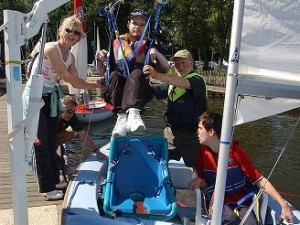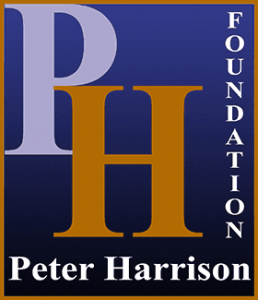
The Peter Harrison Foundation was founded in 1999. The following year, Peter Harrison completed a Deed of Gift under which he and his family gave the Foundation a capital endowment, to which the Harrison family made a further contribution to in 2010. The Foundation aims to maintain the value of this capital while distributing annual income of approximately £2.2 million for charitable purposes. In fact, over the past 16 years the Foundation has made 981 grants to 566 charities, totaling over £37 million.
By working with the Community Foundation for Surrey, this national Foundation benefits from the Community Foundation’s local knowledge.
The Peter Harrison Foundation Community Fund is a ‘small grants fund’ to support local community and voluntary groups. The Fund will focus on those areas of need that the Peter Harrison Foundation supports including children and young people with disabilities, helping disabled and disadvantaged young people through sport and providing education to disadvantaged young people.
Example grants from the fund:
Kinetic Foundation – £5,000
Kinetic Croydon are a football charity that aim to provide high quality sports coaching and educational programmes to disadvantaged young people across the London boroughs. The charity’s main goal is to encourage the development of young peoples skills, employability and aspirations for their futures, who are in, or at risk of falling in to the NEET category and/or at risk of participating in anti-social behaviour.
This funding allowed for free weekly football sessions to take place, specifically aimed at disadvantaged primary school children from the Tandridge area. This grant provided the Soccer Schools facility hire, coaching staff time, equipment costs, as well as marketing costs of promoting the project.
GASP Motor Project – £5,000
GASP Motor Project helps young people aged between 14 and 19 years who are living in Surrey and the surrounding area learn basic motor mechanics and practical engineering skills.
This grant supported the ongoing development of the GASP. Students who attend the group are typically those who are not engaging, or not able to engage, in a classroom environment. GASP provides a less formal learning environment away from the stress of the classroom. With a maximum group size of six students, and with two instructors, the students benefit from personal attention in a calm environment. The emphasis is on the development of personal skills such as: listening, communication, teamwork, resilience and in particular, confidence. All of these attributes stand them in good stead on their return to school, and later in life.


